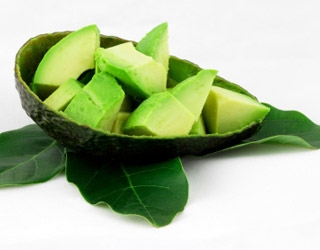Best Foods for Type 2 Diabetes
Beans
If you’re looking for foods that raise blood-sugar levels slowly and gently like rolling waves, choose high-quality carbohydrates instead of low-quality carbs like refined grains and sugary foods. Whenever possible, you’ll want to couple these carbs with protein and/or healthy fat. Beans (including black, white, navy, lima, pinto, garbanzo, soy, and kidney) are a winning combination of high-quality carbohydrates, lean protein, and soluble fiber that helps stabilize your body’s blood-sugar levels and keeps hunger in check. Beans are also inexpensive, versatile, and virtually fat-free.
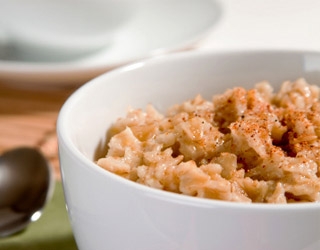
Oatmeal
Oatmeal
Studies have shown that eating a diet rich in whole grains and high-fiber foods may reduce the risk of diabetes by between 35 and 42 percent. An excellent source of both is heart-healthy oatmeal: It’s packed with soluble fiber, which slows the absorption of glucose from food in the stomach — keeping blood-sugar levels under control. Top oatmeal with 1 to 2 tablespoons of chopped pecans, almonds, or walnuts to add protein and healthy fat, which stabilize blood sugars further. Plus, the nuts add great crunch and flavor to your morning meal.

Fish
Fish
Another outstanding source of lean protein is fresh fish. Choose an environmentally friendly variety like catfish, cod, or tilapia; all are mild-flavored, white-fleshed fish that can be healthfully prepared by baking, grilling, or roasting. Pair fish with the high-quality carbs found in vegetables, lentils, or beans for another balanced meal combination that will keep your blood sugar from rising.

Yogurt
Yogurt
Low-fat yogurt naturally contains both high-quality carbohydrates and protein, making it an excellent food for slowing or preventing an unhealthy rise in blood sugar. Studies also show that a diet high in calcium from yogurt and other calcium-rich foods is associated with a reduced risk of type 2 diabetes. Be sure to stick to low-fat or nonfat brands; fat-free Greek yogurt is my top pick because it has twice as much protein as regular nonfat yogurt.
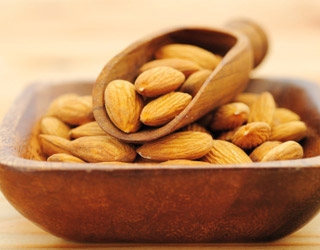
Almonds
Almonds
Almonds provide a healthy, low-carb mix of monounsaturated fats plus magnesium, which is believed to be instrumental in carbohydrate metabolism. A large study out of Harvard University found that high daily magnesium intake reduced the risk of developing diabetes by 33 percent. Therefore, including more magnesium-rich foods like almonds, pumpkin seeds, spinach, and Swiss chard in your diet is a smart move.
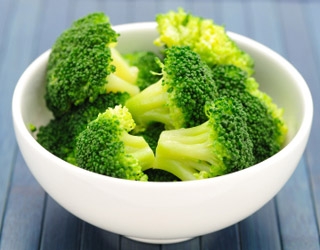
Non starchy Vegetables
Non-starchy Vegetables
Chock-full of vitamins, minerals, and fiber, non starchy vegetables (such as broccoli, spinach, mushrooms, and peppers) are an ideal source of high-quality carbohydrates. Because these low-calorie, nutrient-dense veggies have a low-impact on blood sugar, they’re an integral component of your diabetes food plan. For most people (including those looking to lose weight), this is one food group that’s okay to eat as much as you like!
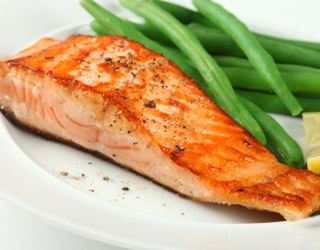
Wild Salmon
Wild Salmon
Omega-3s from food help reduce your risk of heart disease, which is important for those with type 2 diabetes, whose risk of cardiovascular disease is already elevated. (Over time, high blood glucose levels can lead to increased deposits of fatty materials in blood vessels, which contributes to clogging of arteries.) Wild salmon or sardines are not only rich in omega 3s but also contain a healthy-fat-and-protein combination that slows the body’s absorption of carbohydrates, keeping blood sugars on an even keel.
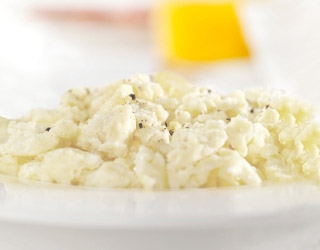
Egg Whites
Egg Whites
Rich in high-quality lean protein and low in carbs, egg whites are another healthy choice for controlling or preventing type 2 diabetes. One large egg white contains about 16 calories and 4 g of high-quality, filling protein, making egg whites a perfect food for blood sugar control, not to mention weight-loss or maintenance.

